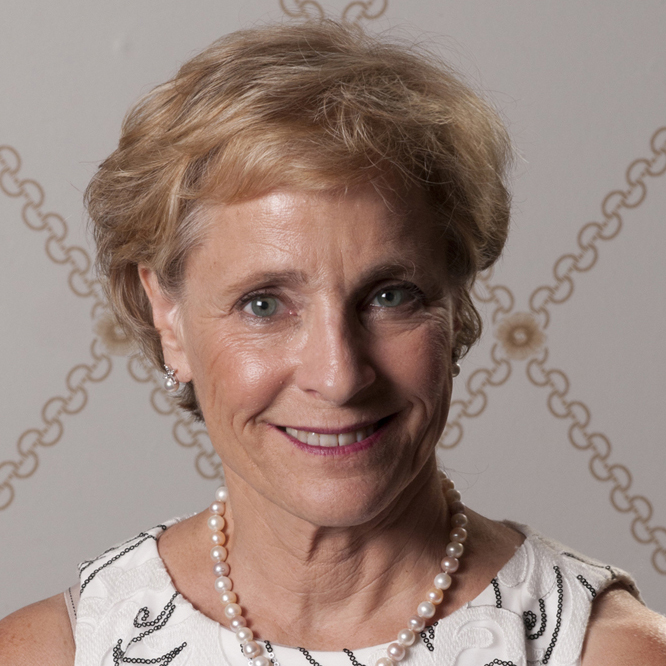Consumer group objects to unlawful transition of power at CFPB – National Consumers League
November 28, 2017
Contact: Cindy Hoang, (202) 207-2832 or cindyh@nclnet.org
Washington, DC—The National Consumers League (NCL), the nation’s oldest consumer and worker advocacy organization, announced it support for the actions of former Consumer Financial Protection Bureau (CFPB) Director Richard Cordray appointing his Deputy at the Bureau, Leandra English, as acting head of the agency. Director Cordray stepped down from the Bureau on November 24. NCL is calling on President Trump to respect the leadership process outlined in the Dodd Frank Act for independent agencies such as CFPB, which he failed to do when he appointed Mick Mulvaney as acting director.
Congress, in drafting Dodd-Frank, set out to harmonize the law with the Federal Vacancies Reform Act, which states that its general provision for presidential appointment of an acting official without a Senate vote in the event of a vacancy does not apply to agencies where “a statutory provision … designates an officer or employee to perform the functions and duties of a specified office temporarily in an acting capacity.” The statutory delegation of leadership authority over the CFPB to the Deputy Director in the event of the Director’s absence is exactly what the statute’s drafters had in mind.
The following statement can be attributed to NCL’s Executive Director Sally Greenberg:
The CFPB statute, created under the Dodd-Frank Act, specifically notes that the Director ‘shall appoint a deputy to run the agency if the director slot is vacant.’ It’s directive, not permissive language. We question President Trump’s direct and immediate designation of a new head of the agency without following the process for independent agencies. That process would include a nomination of an individual to lead the agency, followed by Senate hearings, followed by a vote in the Senate to confirm.
The CFPB, like the Federal Reserve Board Chair and its respective appointments, was designed to do its work free from Congressional pressure or special interests. The Bureau is a watchdog over financial sector abuses like payday lending, predatory student loan and debt collection policies, and the opening of phony bank accounts like the activities Wells Fargo engaged in.
President Trump has circumvented appropriate procedure by naming Mick Mulvaney, his Office of Management and Budget Director, as the Acting Director of the CFPB. The move is an affront to CFPB independence and is constitutionally and procedurally wrong. The federal courts will need to rule on the interpretation of the statute.
Mick Mulvaney is the wrong choice for additional reasons, as well. He is already serving as head of the Office of Management and Budget. He is on record as having said the Bureau, which has returned $12 billion to 29 million American consumers, is a “sad, sick joke” and that he wants to see it abolished. He is a threat to the CFPB’s track record as an independent agency working on behalf of consumers. Consumers would be seriously harmed by Mulvaney, who is not an independent actor and lacks any record of supporting consumer protections.
###
About the National Consumers League
The National Consumers League, founded in 1899, is America’s pioneer consumer organization. Our mission is to protect and promote social and economic justice for consumers and workers in the United States and abroad. For more information, visit www.nclnet.org.

 One of the great stories of 2017 is that despite what the business community would have us believe, 61 percent of adults in the U.S. say they approve of labor unions. This is the highest approval rating since the 65 percent approval recorded in 2003. And currently, the labor union approval is up five percentage points from last year,
One of the great stories of 2017 is that despite what the business community would have us believe, 61 percent of adults in the U.S. say they approve of labor unions. This is the highest approval rating since the 65 percent approval recorded in 2003. And currently, the labor union approval is up five percentage points from last year, 
 This post originally appeared at Huff Post.
This post originally appeared at Huff Post.










